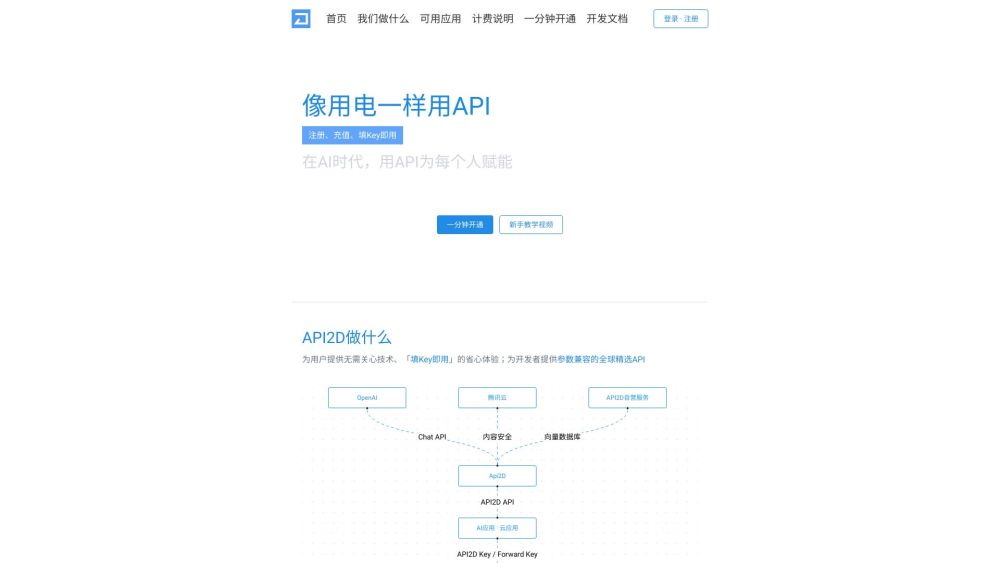Nvidia's Blackwell Chips Delayed Until 2025 Due to Design Flaw
Most people like

API2D is a powerful OpenAI API designed to seamlessly connect with third-party applications, enabling a variety of AI tasks such as natural language processing (NLP), machine learning (ML), conversation generation, and language translation. This versatile tool enhances the capabilities of developers and businesses looking to integrate advanced AI functionalities.

Unlock reliable company insights with our AI-driven knowledge base. Discover accurate and trustworthy information to make informed business decisions.

Discover the power of our AI and XR platform, designed to create immersive learning experiences. Use cutting-edge technology to enhance education, engage learners, and transform how knowledge is delivered. Dive into a new era of interactive learning that captivates and inspires.

In an era where technology continues to redefine creativity, an AI music generator that transforms text into musical compositions is revolutionizing the music industry. This innovative tool allows users to convert written ideas, stories, or emotions into original melodies, bridging the gap between language and sound. Whether you're a seasoned musician or a budding creator, this AI-driven technology opens up exciting new avenues for artistic expression. Discover how this powerful AI music generator can inspire your creativity, streamline your workflow, and enhance your musical projects.
Find AI tools in YBX

